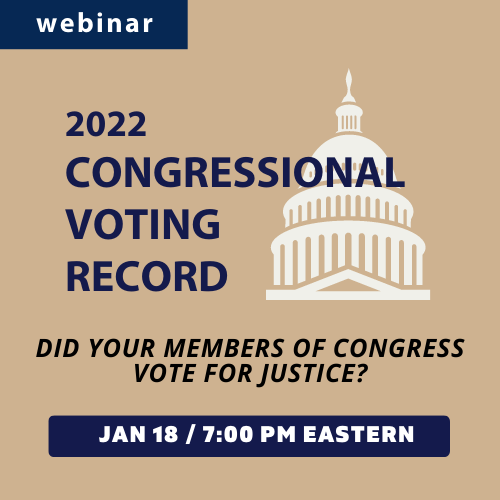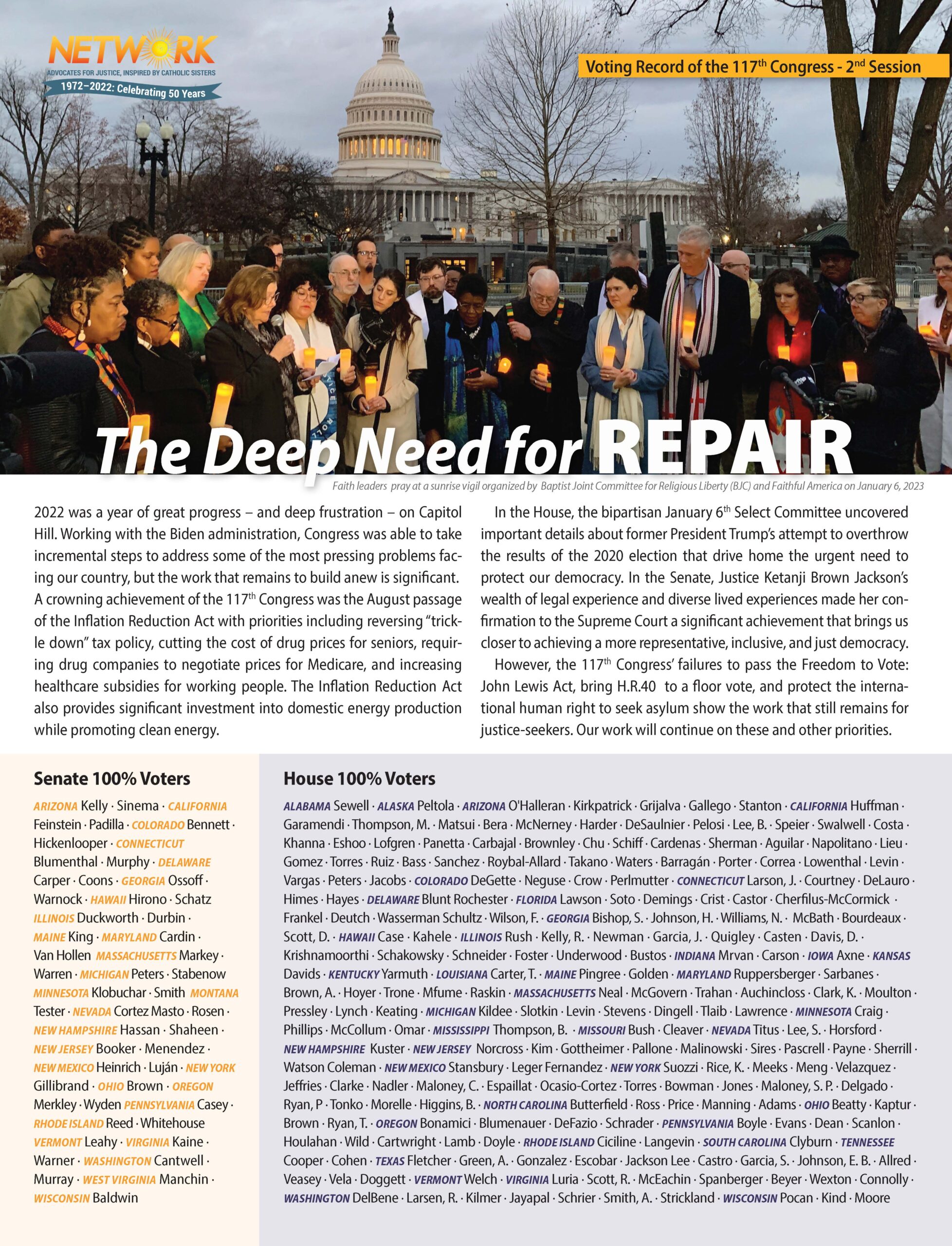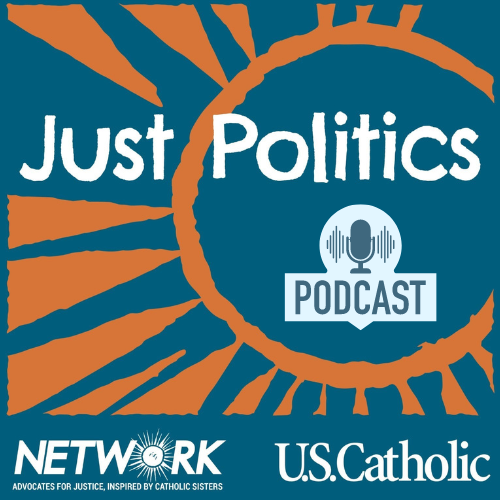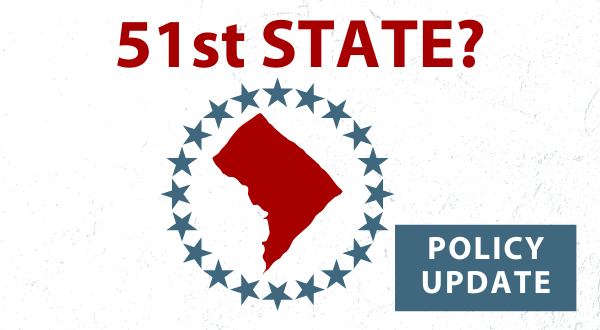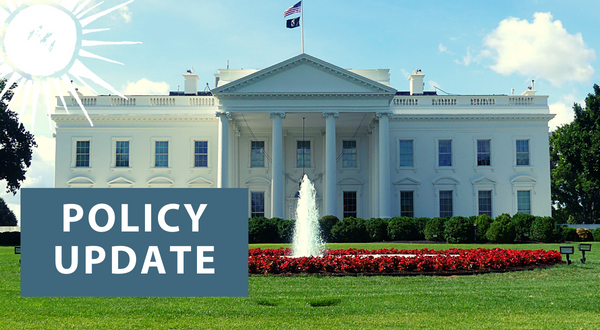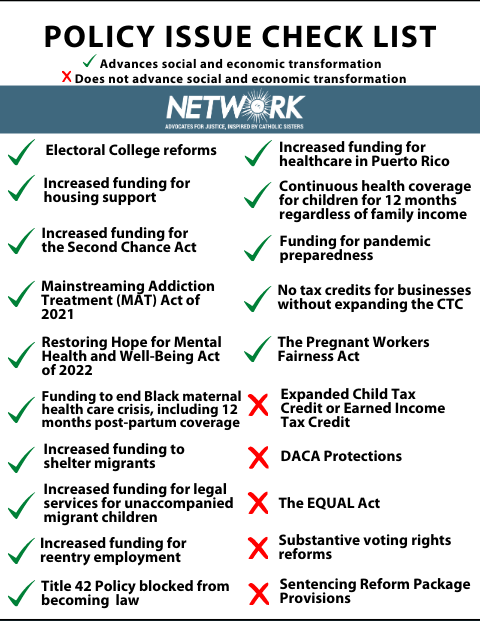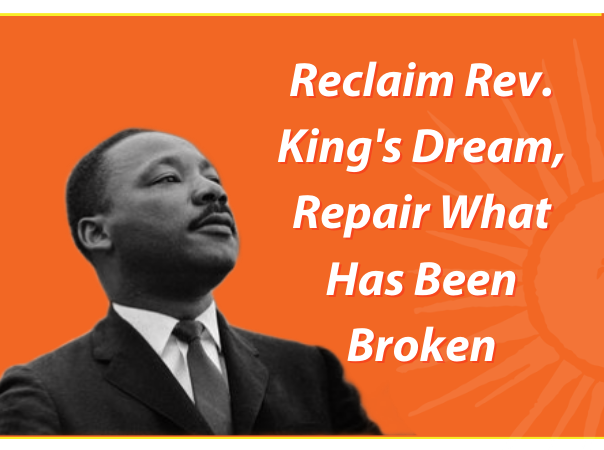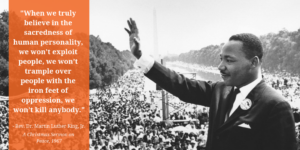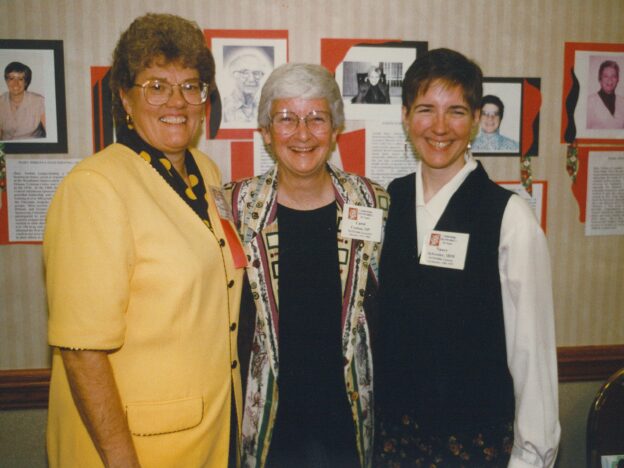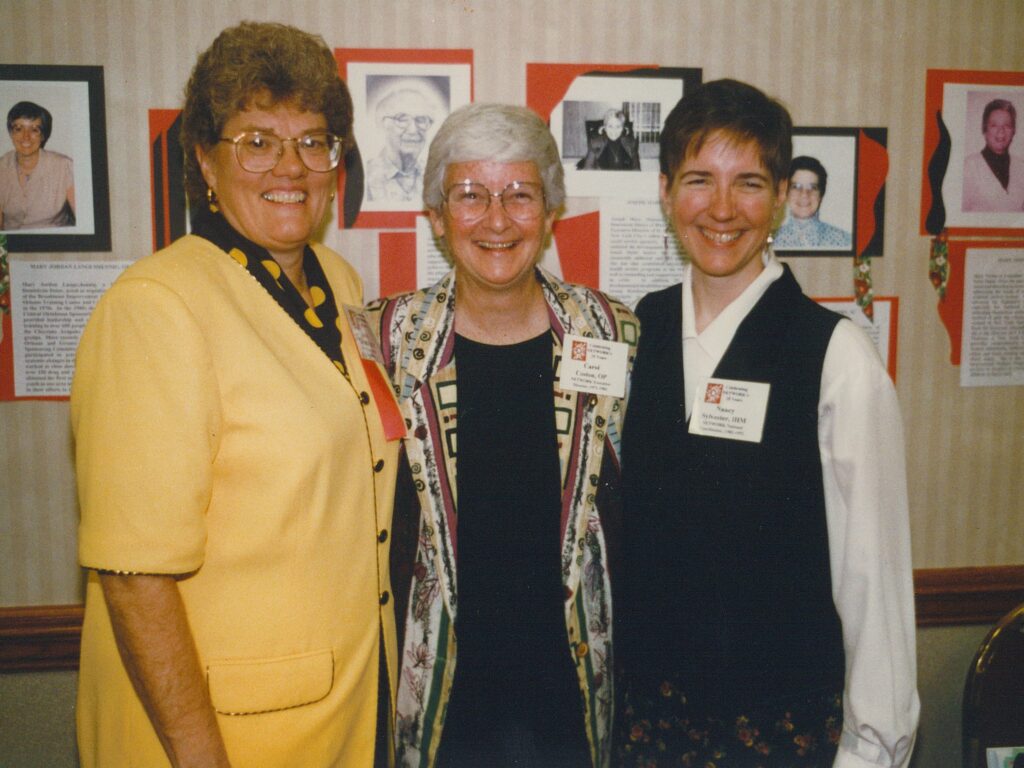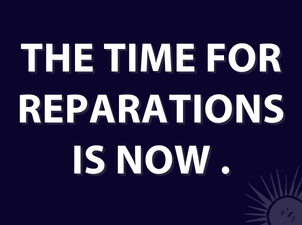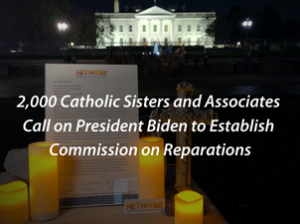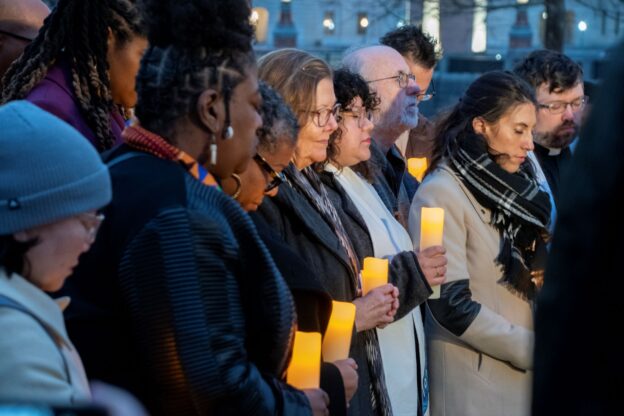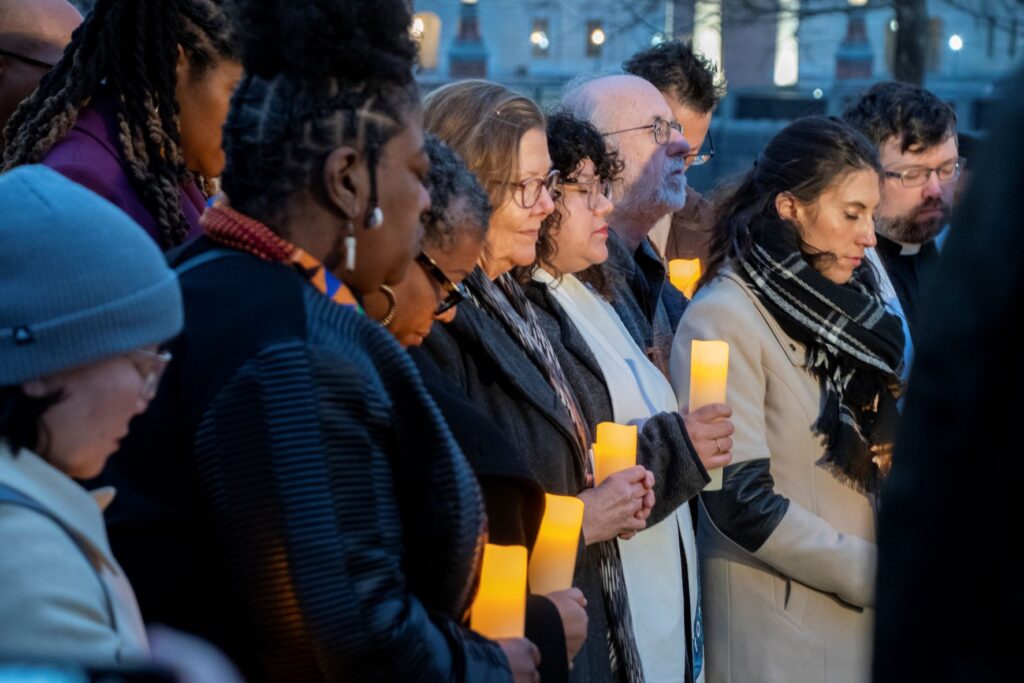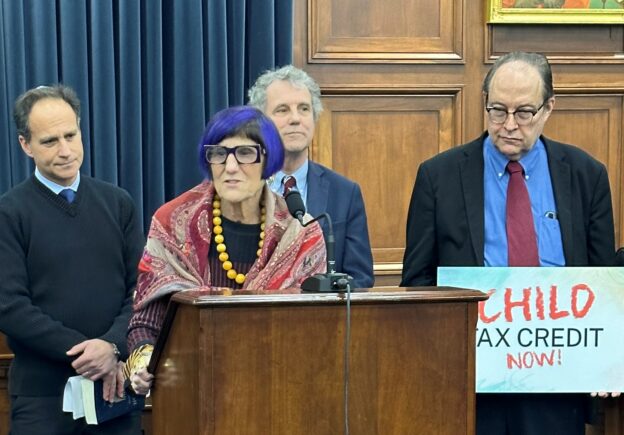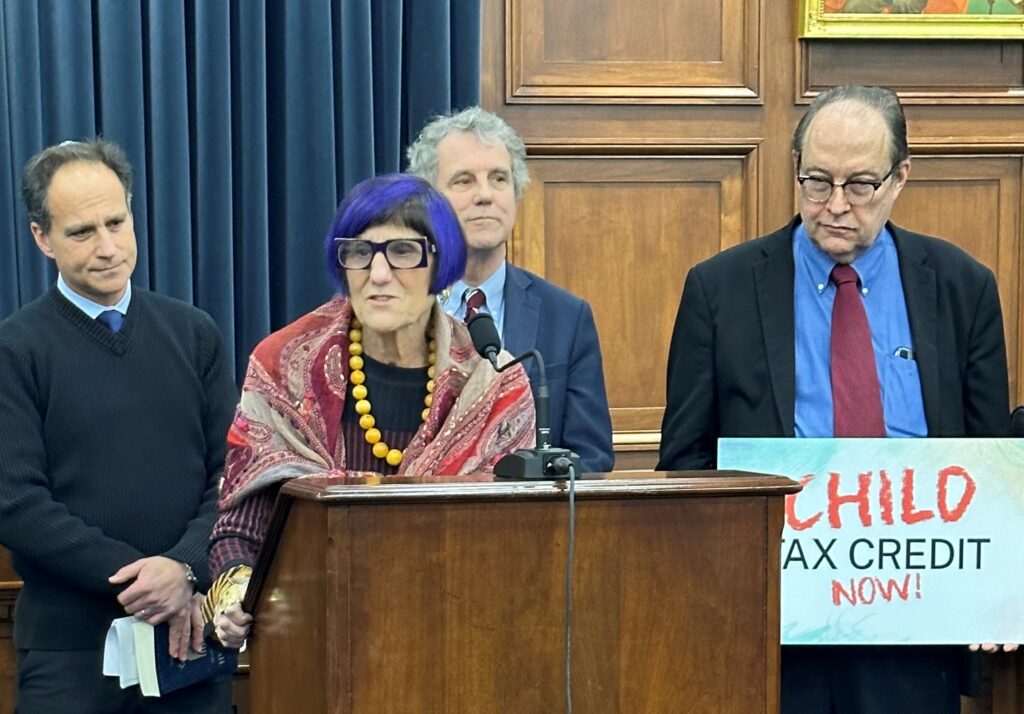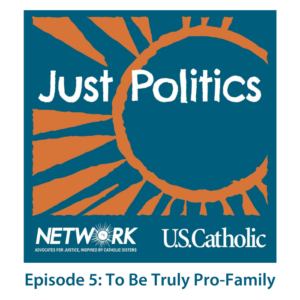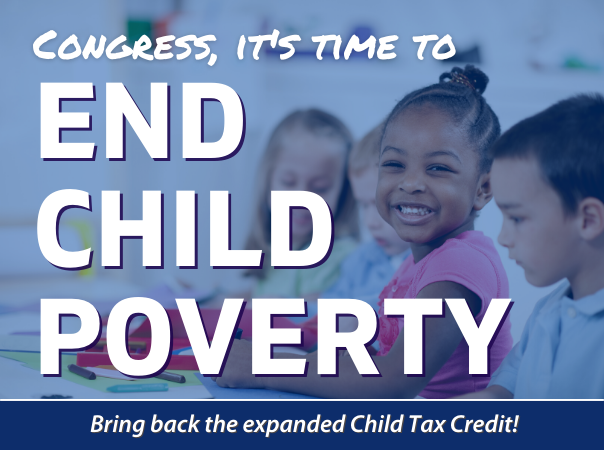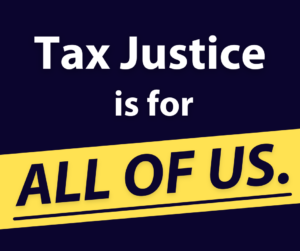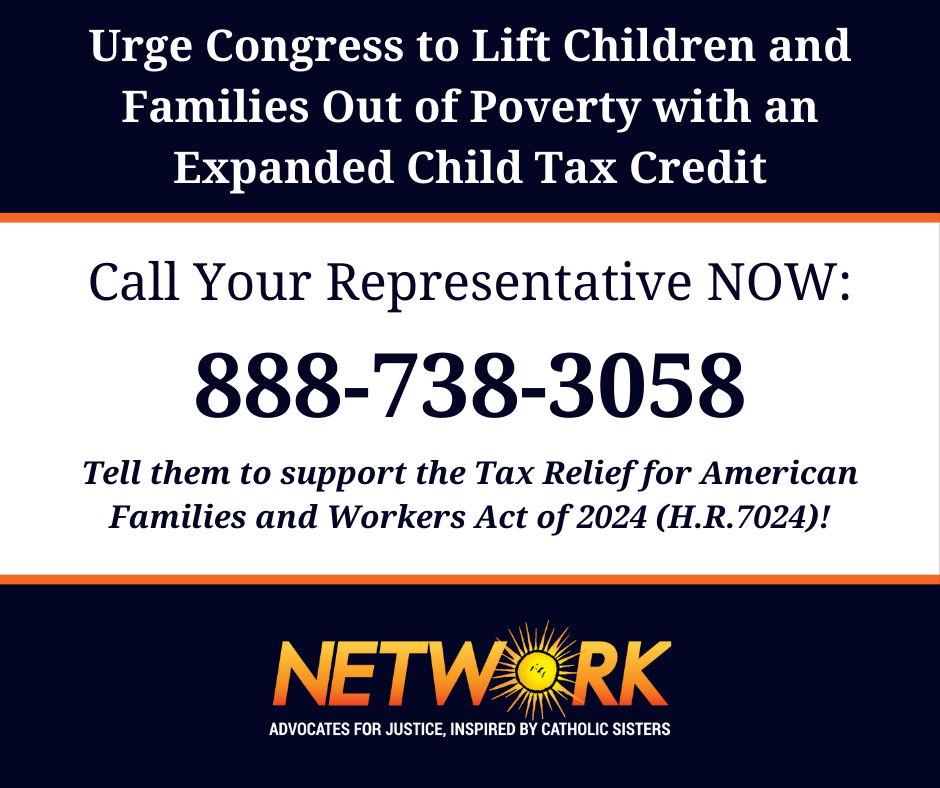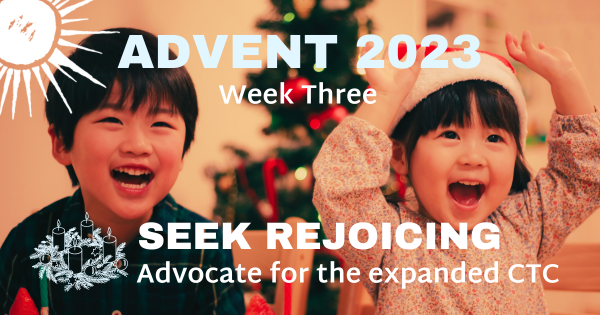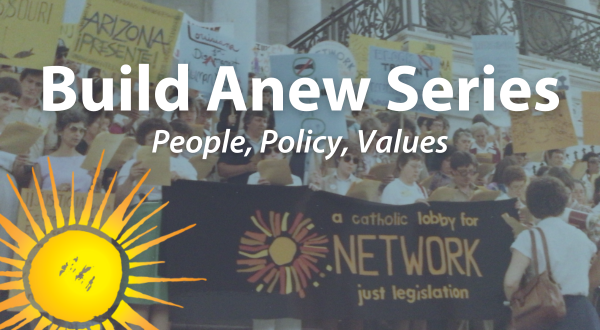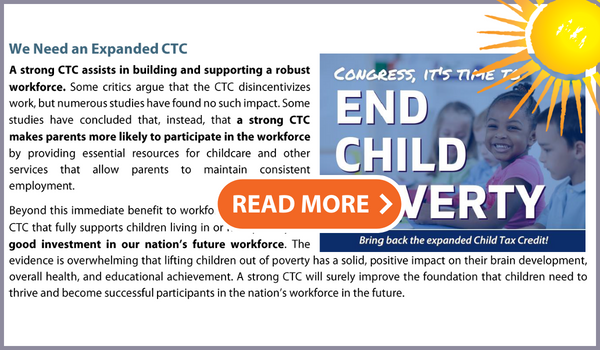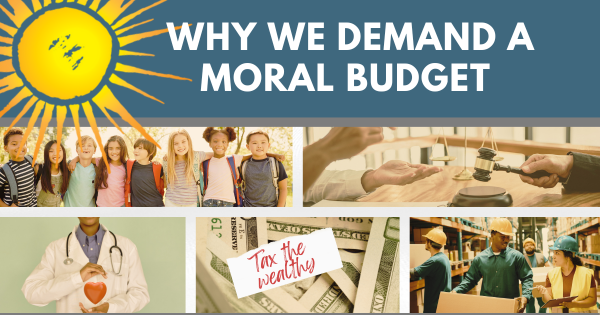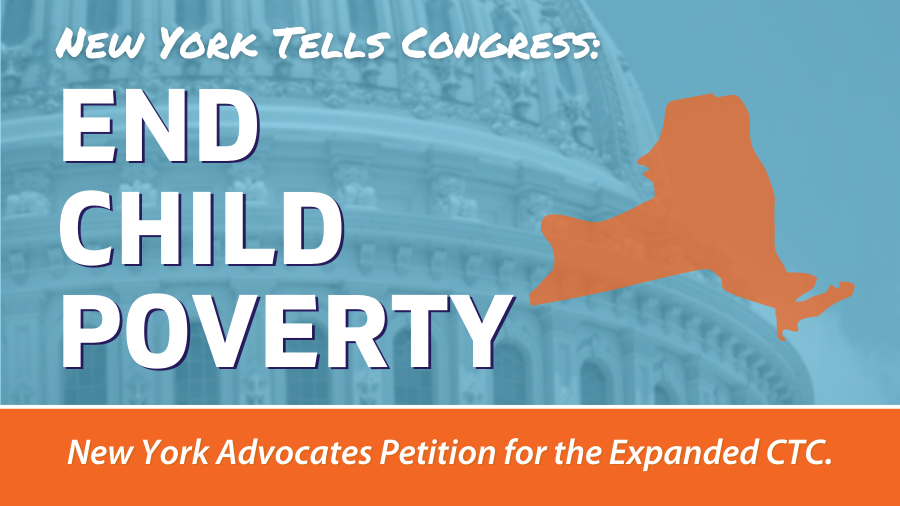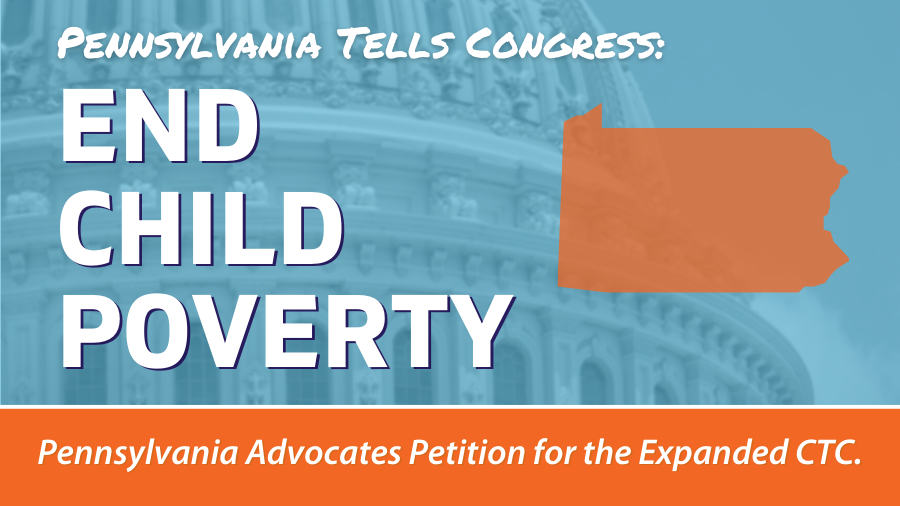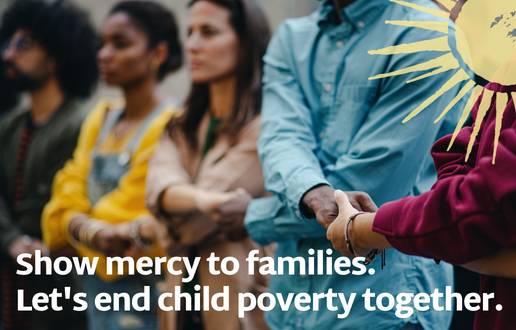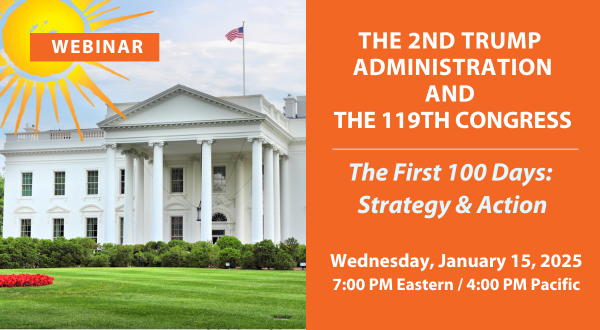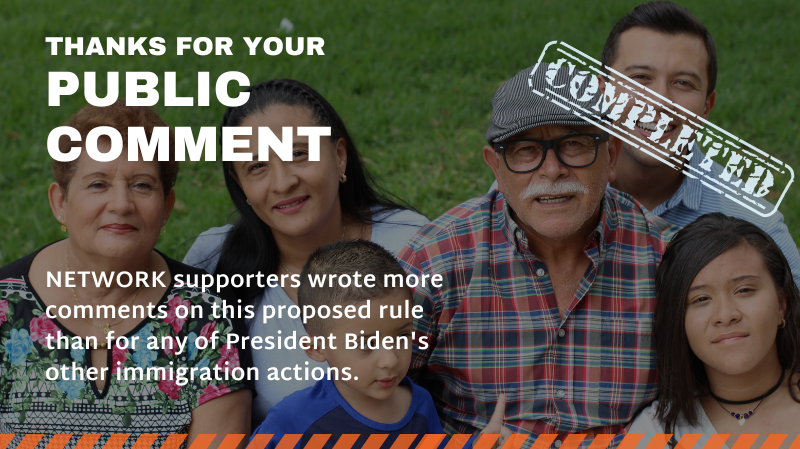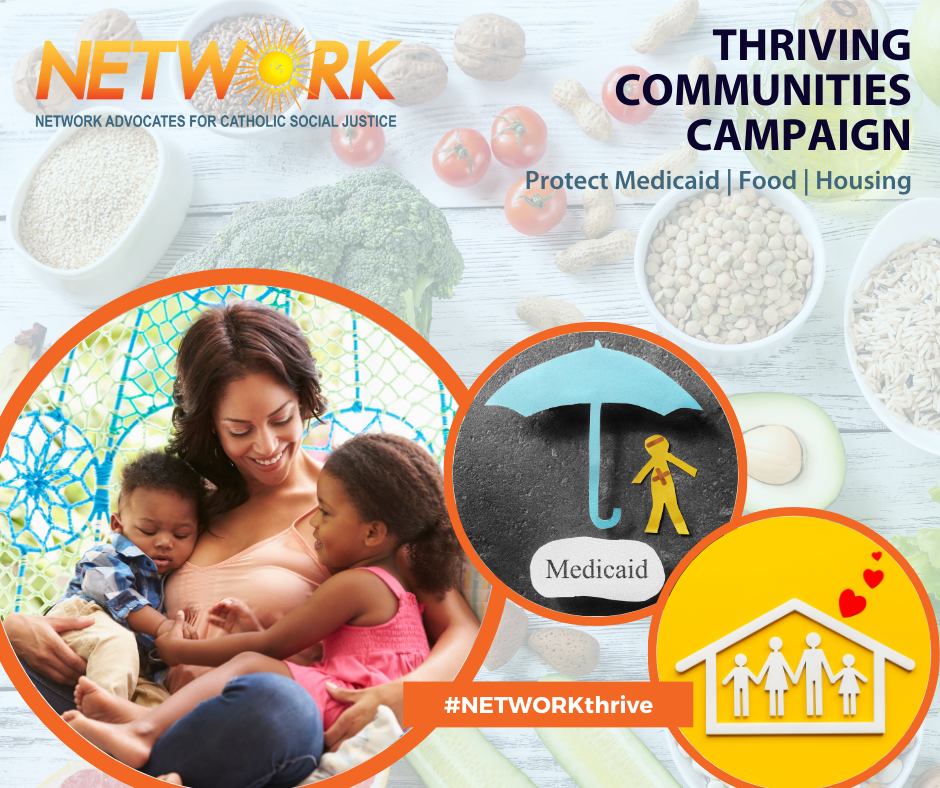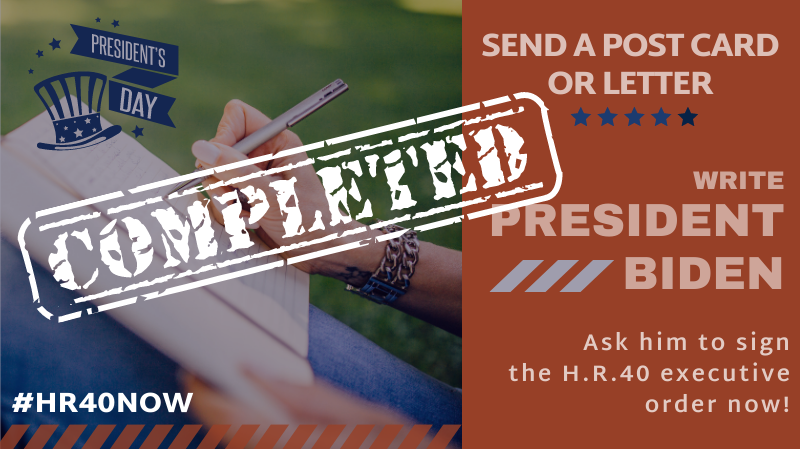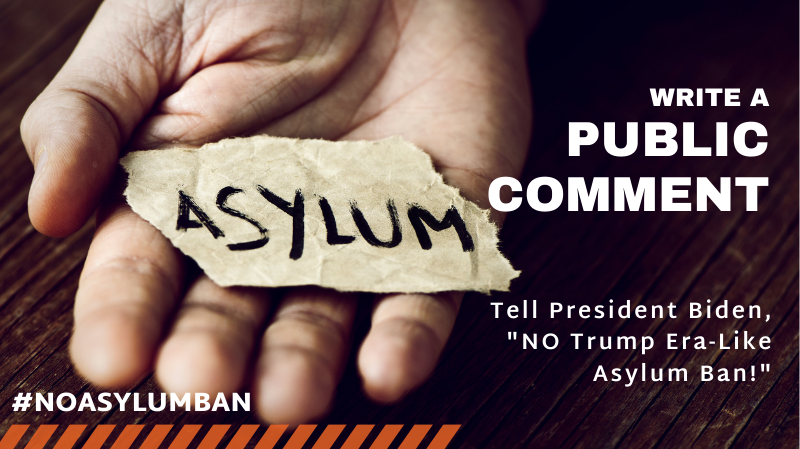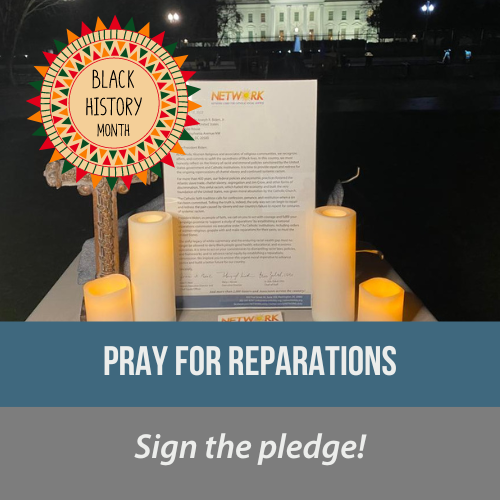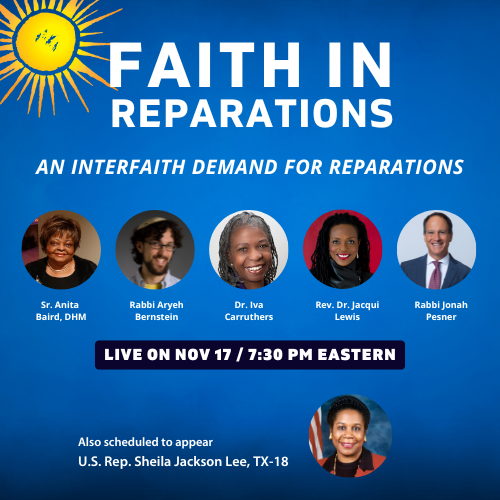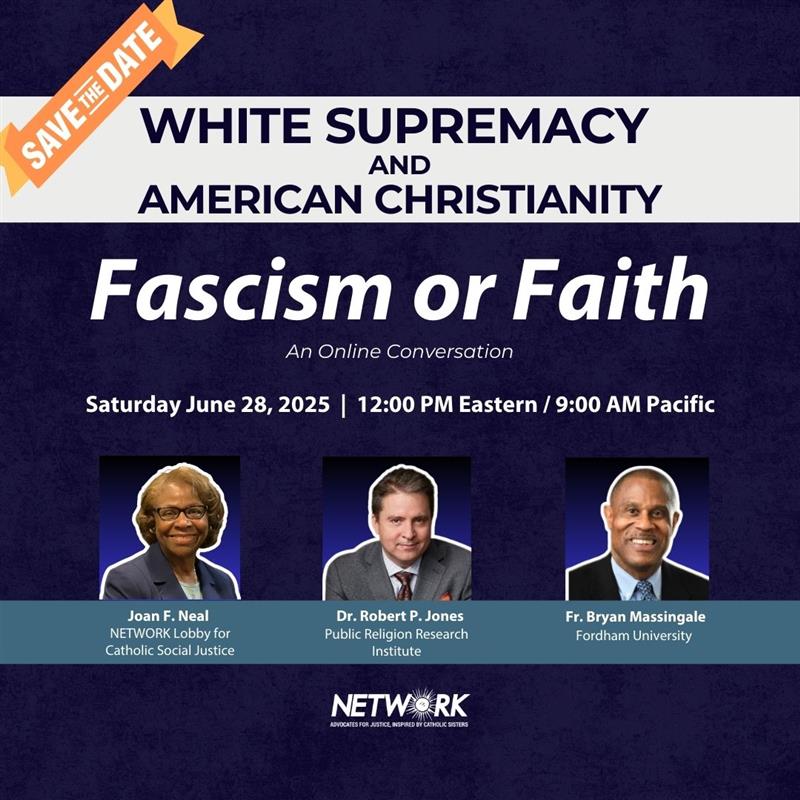2022 Congressional Voting Record
At the start of each new year, NETWORK staff compiles an assessment of Congress’s voting record. The 2022 Voting Record is our evaluation of Members of Congress based on the votes they cast to advance, or thwart, social justice policy and our Build Anew agenda. Take action for justice and deliver your Members of Congress’s 2022 Voting Record results in January or February 2023.
Webinar Recording & PDF
Let Congress know what you think about the 2022 Voting Record
Email Congress
We’ve got great news: 270 current Members of Congress scored 100% on the 2022 Voting Record! Can you act now to reach out to Members?
Legislators who scored 100% deserve praise, and it is vital that we hold those who received a less-than-perfect score accountable. And, as new Members begin their work on Capitol Hill, advocates must let them know about NETWORK’s Voting Record!
Will you send a quick email to let your Members of Congress know how you feel about their Voting Record? Don’t worry about what to say, we’ve prepared a message that you can edit. Click below!
Deliver the Record
NETWORK advocates (like you!) will deliver Voting Records to Members of Congress in January and February in-person, on Zoom, and by email. Thank you for helping to create the multi-faith, multiracial democracy we must build anew so that we can all thrive.
Note: NETWORK creates special Voting Record certificates of excellence for Members of Congress with a 100% Voting Record score.
There are three ways to deliver the NETWORK 2022 Voting Record. Be sure to sign up for one of them. Click below!







